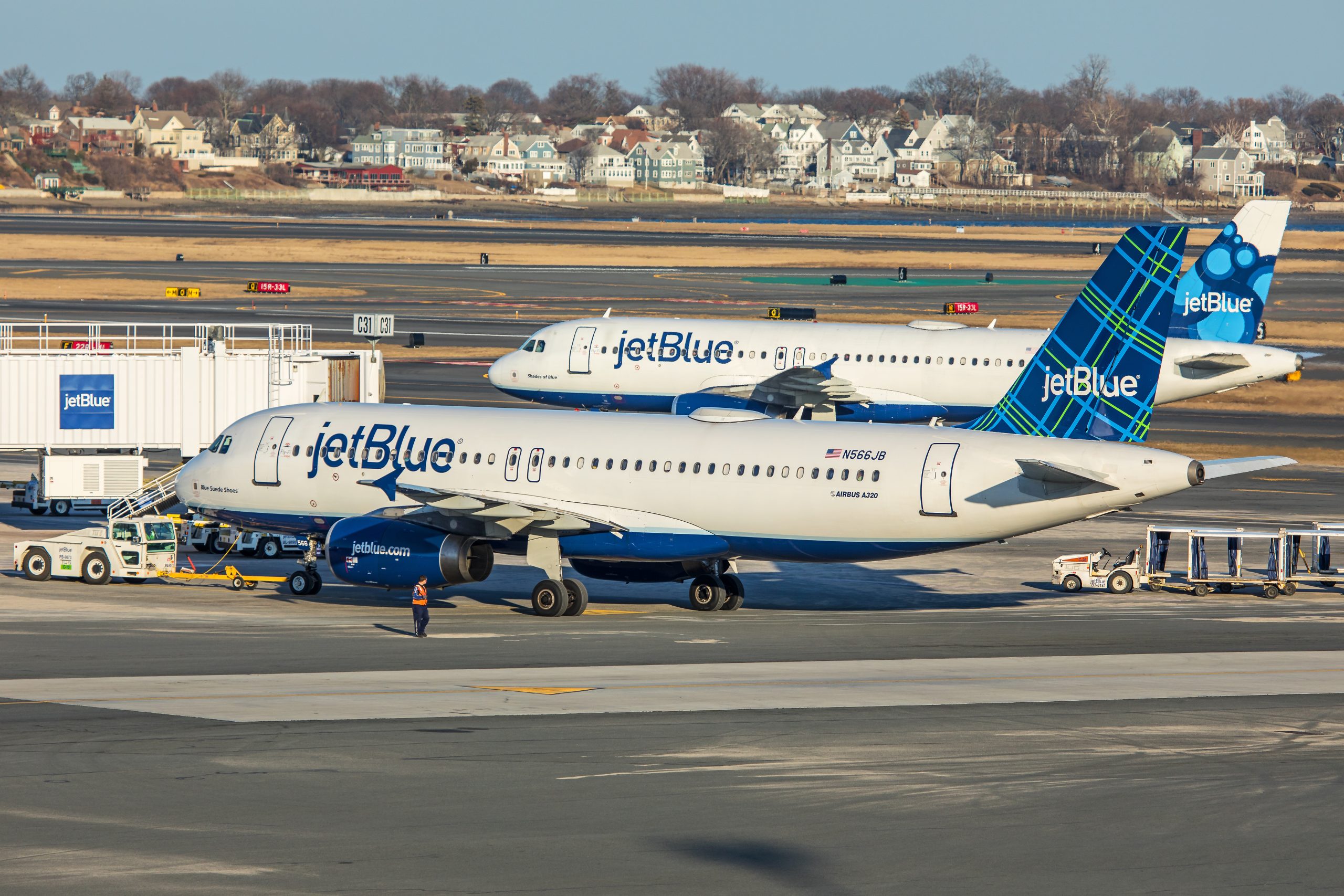
Hawaiian Slated to Return Grounded A321neos to Service
Hawaiian Airlines says it expects to return all 18 of its Airbus A321neo aircraft to revenue service in the coming…
U.K. biofuel company Firefly will supply human waste-originated SAF to Wizz Air UK by 2028.

A Wizz Air A321 aircraft in the airline’s new livery. (Photo: Wizz Air)
Hungarian ultra-low-cost carrier Wizz Air and U.K. biofuel company Firefly have announced a partnership that aims to power 10% of flights operated by the carrier with sustainable aviation fuels (SAF) produced out of human waste by the year 2030.
The Firefly plant located in Harwich, Essex, will be converted to convert human feces into SAF of which they are planning to deliver up to 525,000 tonnes over 15 years starting in 2028.
This initiative is part of Wizz Air’s effort to reduce its carbon emission per passenger/km by 25% by 2030. The aviation industry as a whole has set itself a very ambitious target to be carbon neutral by the year 2050, and according to IATA (International Air Transport Association), 80% of the reduction in emissions will be achieved through the use of SAF.
In February 2023 Wizz Air announced a similar agreement with Finnish group Neste for the supply of up to 36,000 tons of SAF over the period of three years starting from 2025. Neste MY SAF is produced from renewable waste and residues such as used cooking oil and animal fat waste.
Other airlines such as Swiss, Ryanair, Etihad Airways, and Southwest Airlines have already made similar agreements to source SAF from Neste or other companies.
Currently, the main issue with the sustainability targets pursued by the aviation industry is the lack of large-scale availability of SAF and the supply chain that is supposed to deliver it where it is needed at airports around the world. SAF is intended to work with the existing technology as far as engines and aircraft are concerned and can deliver a reduction of up to 80% in greenhouse gas emissions due to the oxygen-positive and CO2-negative effects during the production phase of its lifecycle.
When burned to power jet engines, SAF generates similar amounts of greenhouse gases as traditional oil-based fuels, but since they absorb those gases during their production phase, the net result of their impact on the environment is significantly lower.
In addition to that, SAFs are generated from renewable resources, unlike oil-based fuels: “There are enough biosolids in the U.K. to satisfy half of the mandated SAF demand in 2030” said Paul Hilditch, Firefly‘s chief operating officer. A utility company has committed to providing the biosolid needed by Firefly during the initial pilot phase, the BBC reports. The biosolids are a product of the waste water treatment process.
Yvonne Moynihan, corporate and ESG officer at Wizz Air, said: “Wizz Air celebrates two decades of transformation this year, transitioning from a small airline into a global leader of sustainable aviation and affordable travel. Alongside fleet renewal and operational efficiency, sustainable aviation fuel (SAF) plays a crucial role in reducing carbon emissions from aviation. Our investment in Firefly, which has the potential to reduce our lifecycle emissions by 100,000 tonnes CO2-eq per year, underscores our commitment to mainstream the use of SAF in our operations by 2030.”
“However, achieving our aspiration requires a significant ramp-up of SAF production and deployment. Therefore, we call on policymakers to address barriers to SAF deployment at scale by incentivizing production, providing price support, and embracing additional sustainable feedstocks for biofuel production.”
Vanni fell in love with commercial aviation during his undergraduate studies in Statistics at the University of Bologna, when he prepared his thesis on the effects of deregulation on the U.S. and European aviation markets. Then he pursued his passion further by obtaining a Master’s Degree in Air Transport Management at Cranfield University in the U.K. followed by holding several management positions at various start-up carriers in Europe (Jet2, SkyEurope, Silverjet). After moving to Canada, he was Business Development Manager for IATA for nine years before turning to his other passion: sports writing.
Receive a daily dose of the airline industry's top stories along with market insights right in your inbox.

Hawaiian Airlines says it expects to return all 18 of its Airbus A321neo aircraft to revenue service in the coming…

On Tuesday, JetBlue announced that it has adjusted its annual revenue forecast. The carrier announced that its revenue will be…

Royal Air Maroc and Safran have deepened their collaboration in aircraft engine maintenance. In celebration of its 25th anniversary, Safran…



